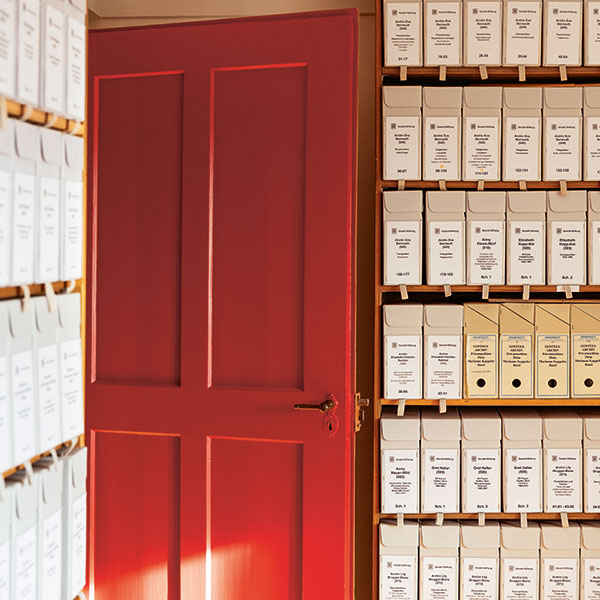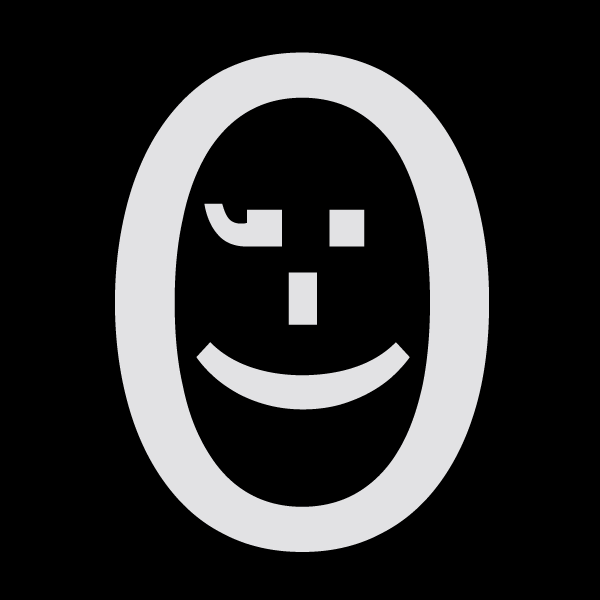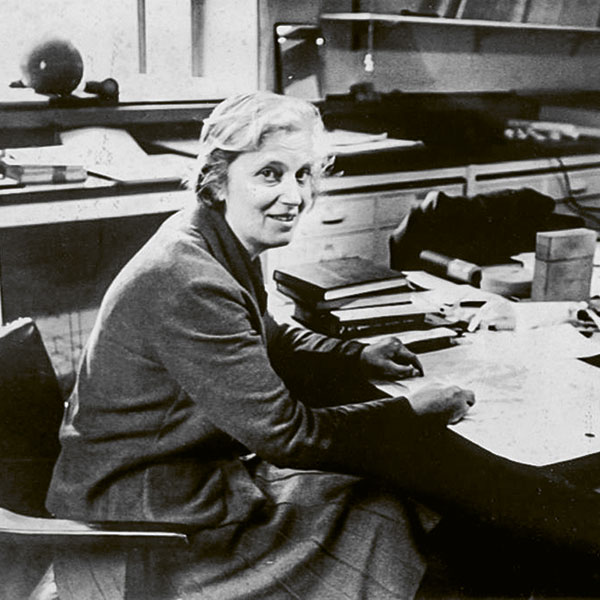Unbridgeable differences at an art journal
The editors of the journal ‘Zeitschrift für Kunstgeschichte’ are resigning at the end of 2019. Following a dispute with their publisher over the name, they will now be setting up a new journal.

The dispute over the future of the renowned art-history journal ‘Zeitschrift für Kunstgeschichte’ is now promoting diversity: a new journal is going to be launched, while the existing one is set to continue. | Image: Valérie Chételat
Scholarly journals are by no means immune from the trend towards digitalisation, nor from the general problems endured by the print media today. The quarterly art-history journal ‘Zeitschrift für Kunstgeschichte’ (ZfK) was founded in Berlin in 1932. For several years now, its four editors have been warning their publisher about its increasing financial problems.
The journal is currently supported financially by the Rudolf August Oetker Foundation and the University of Bielefeld, but these monies are due to run out at the end of 2019. So the editing team – which set forth a new concept for the journal in 2015 – had started looking for new partners. The University of Bern declared itself willing to support the journal from 2020 onwards, but with one condition: it has to be published exclusively on open access, with all articles available free of charge online without any delay (so-called ‘gold open access’).
Name calling
That’s when the problems arose. Because the journal’s publisher, Deutscher Kunstverlag, was initially prepared to place its articles in repositories (on ‘green open access’), but would only make them accessible after after an embargo period. And even then, they had several further conditions, says Beate Fricke, a member of the editorial board and a professor of ancient history at the University of Bern. It soon became clear that the editors and the publisher were unable to find a common way forward – and this is when a dispute arose regarding the name of the venerable journal.
The editors insisted that the rights to the title lay with them, and that they could therefore continue under the name ‘Zeitschrift für Kunstgeschichte’ in collaboration with the Internet portal arthistoricum.net. But Deutscher Kunstverlag was of a different opinion. According to Daniel Hürlimann, an assistant professor of business law and specialist in information law at the University of St. Gallen, copyright in such matters is stricter in Germany than in Switzerland. This meant they risked getting embroiled in a complicated, costly legal dispute.
The editors had neither the money nor the nerves for a court case. So they felt compelled to resign as of the end of 2019. “It was very difficult for us”, says Fricke, “because it means an uncertain future for a journal that is important to the discipline of art history”. But their disagreement with the publisher about the future of the journal is simply irreconcilable, she says. As an alternative, the editing team – now expanded to six people – has decided to found a new journal, entitled ‘21: Inquiries into Art, History, and the Visual’. As of 2020, it will be published on gold open access – which is the up-to-date path to take these days.
Publisher seeks new editors
Besides ‘classical’ articles about art history, the new journal intends to include articles on images, visual phenomena and visual practices. They are also willing to consider contributions about film, photography, advertising or even social media. Nor do the editors wish to restrict themselves to the Anglo-American and European scenes, because they aim to publish on topics from all over the world. All articles published will have been subjected to double-blind peer review. According to Fricke, they will be paying particular attention to cultivating multilingualism in art history, which is why they will be publishing articles in English, German, French and Italian.
We contacted Deutscher Kunstverlag to get their opinion. They express regret that the editors have decided to resign. But they insist that the ZfK will continue in 2020 with a new editing team (as yet unnamed), and will appear both in print and digitally. They are also considering an additional, open-access solution. “Deutscher Kunstverlag is aware of its responsibility towards the ZfK, which is one of the most important German art history journals”, says Eric Merkel-Sobotta, the director of communications at De Gruyter, the company that now owns Deutscher Kunstverlag. This is why a new team of editors is being appointed in close collaboration with the community of art historians. It seems that the dispute between the former editors and the publisher might at least result in broader offerings and more choice in the discipline.




